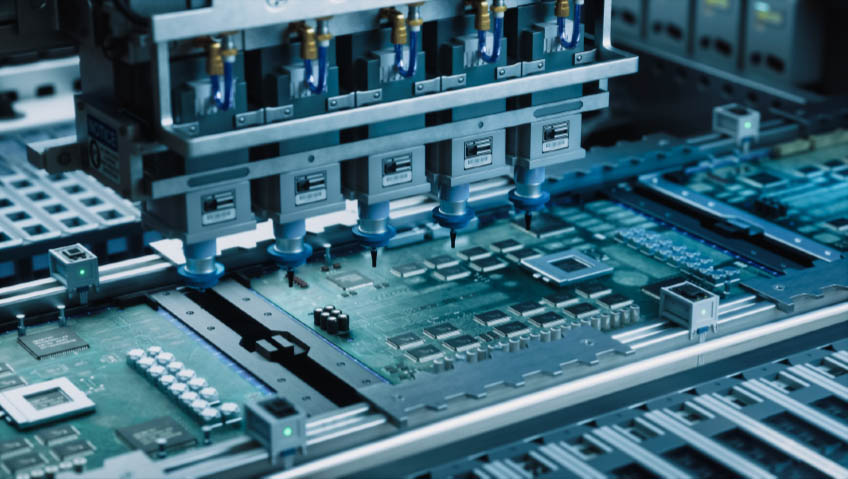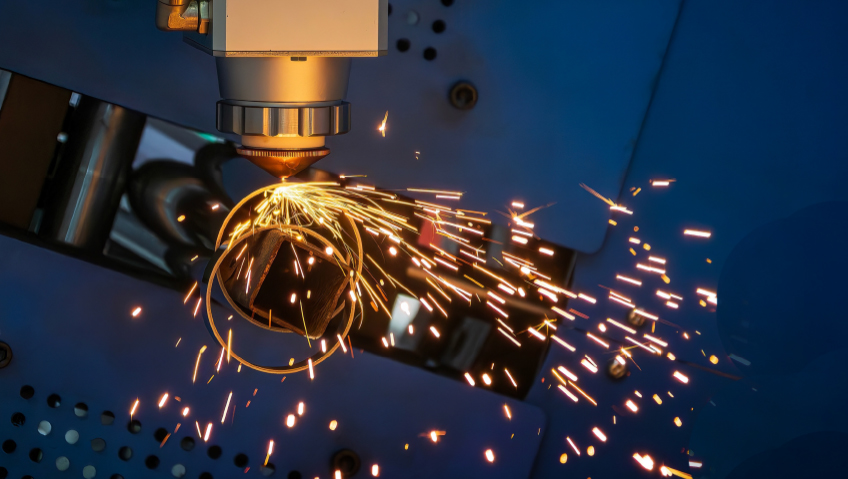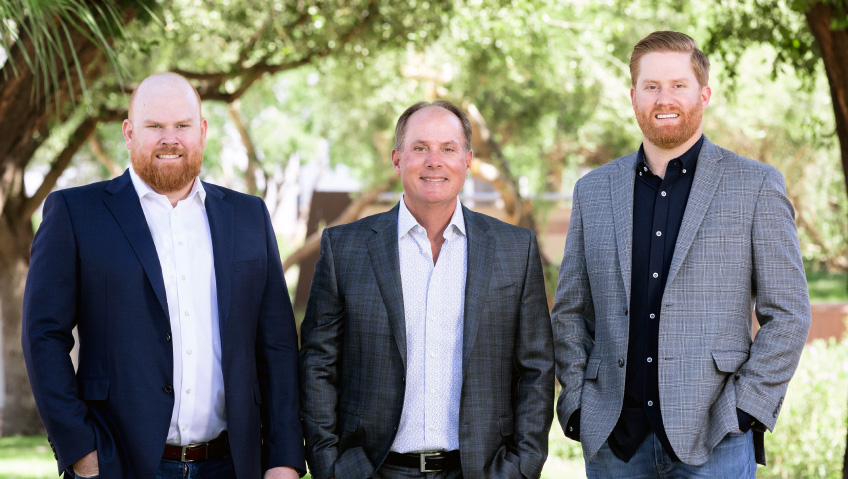With over a century of experience as a highly regarded global manufacturer of highly engineered flow control, RegO® Products has supported mission critical applications in the liquid propane, liquid natural gas, and industrial gas markets for a long time. The reason it is a trusted name is because it is deeply committed to investing in its own success.
RegO® Products’ longevity is a testament to the company’s talent, leadership, and capacity, all of which have helped it withstand the impacts of a global pandemic. In addition to initiating a rapid pandemic response, the company has continued to invest in its people, equipment, and future, and has emerged from COVID stronger than ever before.
“We did not lose a single production day last year during COVID. The teams adapted very quickly, fought through all the changes and produced growth in a pretty tough marketplace and that’s led to a breakout year this year with all-time record production volumes and revenue output,” says President of RegO® Products Mike Lucas.
With year over year growth expected to continue in the future, RegO® Products has invested heavily in growing its capacity. The company just concluded a $7 million capital investment campaign to sustain growth in demand in the present and well into the future.
From the perspective of Stephen Faley, RegO® Products’ Chief Operating Officer, “Three years ago, without this kind of investment, we wouldn’t be able to react and sustain the level of growth that we have.”
Three pillar strategy
When it came to capacity growth, RegO® Products focused on three main pillars: the continued development of new products and innovative capacity, capital investments to support operational efficiencies, and customer and employee engagement that has resulted in a valuable culture shift invigorating every level of the organization.
Already a highly innovative company with a solid focus on product development, RegO® Products’ investments helped to create new operational efficiencies that resulted in shortened lead times and fewer redundancies, and reduced the need for secondary processes. It changed the way the company did business, for the better.
Faley likens the investment to a “war effort” to get product out the door as quickly as possible, which is a challenge, given that the company offers 4,500 different SKUs, an exceptionally broad offering and one that continues to grow year on year.
As Faley explains, “In being a business that can cover all the bases, RegO® Products really has to focus on product availability. The whole idea is the ease of doing business, internally and externally, so not only has our operational focus been on making sure we have enough capacity for the growth that’s coming, but at the same time focusing on product availability.” He says that “It’s got to be easy for customers to get that product; you’ve got to make it simple.”
As well as a wide range of product offerings, RegO® Products boasts a best-in-class client Sales Inventory Operations Planning (SIOP) process which integrates it with the inventory needs of its clients to promote improved inventory planning, streamlined supply chains, and next-level customer service regardless of which industry, market, or product is in play.
Any one, any time
Noting the complexity of operating a business with such an expansive catalog of finished goods, Lucas says, “It’s not only about keeping up with that growth, but it’s about building the flexibility into our machining operations to be able to build any one of these 4,500 parts at any given time.”
To accommodate the growth in capacity afforded by the capital investments, RegO® Products has hired upwards of 70 new employees, with plans to add more. The company grew its engineering teams by 25 percent this year and plans to double down with another 25 percent.
Growth in engineering capacity is imperative for RegO® Products, as Lucas noted: “Last year, sixteen percent of our revenue was from new products, so that continues to be a major focus. We continue to get more and more revenue out of those products each year around our core markets.”
Developing skills
To seamlessly integrate new employees into the company’s operations and culture, the leadership team has developed a comprehensive onboarding process and skills matrix to communicate roles, responsibilities, and career potential from the outset.
“We have a robust skills-matrix program that we have established. This is a program that drives incentives and wages for employees based upon the skills they have, and it gives them a very clear path to being able to move up the ladder from area to area to further develop their skills and grow,” says Faley.
Lucas added, “Obviously, the more skilled a person is and the more machines they are trained on, the more value there is for us. So, after the matrix was laid out, and these skills were identified for every machine, and everyone was certified or validated as to where they fell, we went back and paid for that to make sure everyone was fairly compensated for all of the skills and cross-training they had.”
The introduction of the skills matrix promoted further cross-training and motivated employees to grow their skill levels. This has led to increased compensation commensurate with the additional value these increasingly skilled employees added to the company. It’s been good for the company culture as well.
By clearly delineating skills and creating a system of compensation tied to that, the program has created excitement in the company. Employees are eager to take advantage of upskilling and training opportunities, especially when it comes to the new equipment.
“I think it has been quite energizing for our teams, too,” Faley notes. “They know that when they learn more skills there’s compensation tied to it. There’s excitement about the newer machines, and people want to learn how to run them.”
This was echoed by Lucas. “When people see that the company is investing in the equipment, in the factory, and in their training, it creates a cycle of positive culture change. People are energized about the future and really engaged in the process.”
Future investment
Clearly, it’s easy for employees to be gratified and excited when a company shows such commitment and promise for the future, especially when the employees are assured that they are part of that future.
As Faley explains, “We’ve been looking at the future and heavily investing in the future.”
Whether that means capital investments in equipment and capacity, or human resources development and appreciation, or systems to improve customer ease and relations, recent times have been a storied success for the company. And bode well for the future.
From a manufacturing standpoint, RegO® Products continues to demonstrate that capital investments done right are worth every penny, especially as it relates to improved productivity, maximized value, optimal output, and client satisfaction. This is the end goal and the reason for its continued growth and success in the markets it serves.






